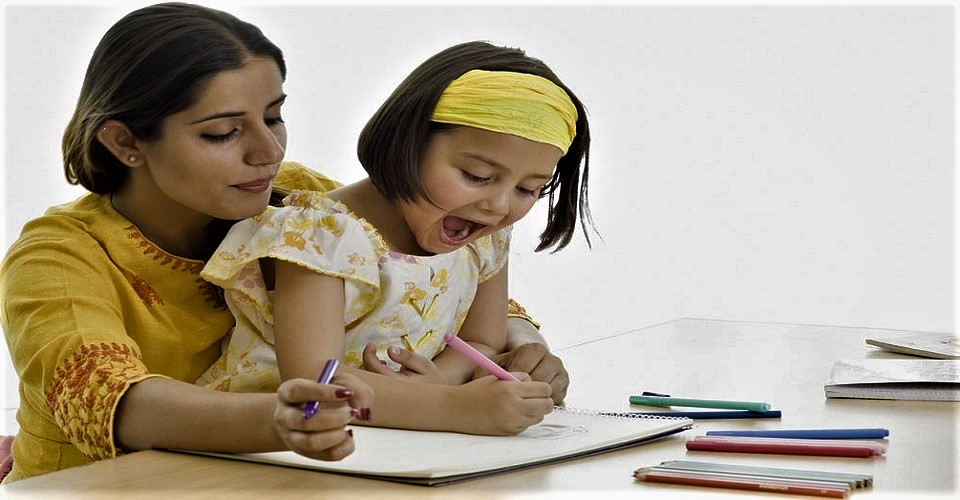Nurturing Concentration in Young Learners and Its Impact on Future Educators
25th March 2020

The Montessori Method of teaching is a modern educational movement that encourages teachers to view children and classroom education differently than the common teacher-student relationship. Instead of focusing on academic education, the Montessori Method focuses on respecting and encouraging each child's individualities, providing a nurturing environment to teach social interaction and emotional skills. Within the Montessori classroom, the ability to concentrate is nurtured by providing children with the time and space to work without interruption. The Montessori work cycle provides children with unlimited time to complete a cycle of activity and provides rich opportunities to maximise sensitive periods for learning. In the following lines, we will have a look at how learning the nuances of nurturing concentration can help in the development of the learners of a Montessori teacher training course, who are expected to nurture the young learners in the near future.
Here are the different methods by means of which the future early childhood educators can learn how to aid in building focus and concentration.
1. Respect
To begin nurturing concentration, it is important to understand the needs of the child. Just as adults need time and space to concentrate, so too do the young learners. A person who is expected to make a mark in the sphere of developing concentration of the young learners needs to understand how to develop their concentration, which is expected to work wonders in terms of the development of the young learners.
2. Time
In the Montessori environment, a child is rarely interrupted while they’re busy with their work. In times when interruptions must prevail, it is ideal to let the child know ahead of time, to provide their work the respect it deserves. A learner of a Montessori teacher training course should gain this quality that will help him/her in catering to the development of the young learners.
3. Choice
The future early childhood educator should have a keen eye to observe the interests of the children so that he/she is able to guide them in extending their concentration. It is imperative for the learner of a comprehensive Montessori teacher training course to understand how to help the young learners by enhancing their concentration.
4. Modelling
Children observe every move the teacher makes. By exaggerating their own efforts when concentrating, the learners of a Montessori teacher training course encourage the children to take the task of concentration seriously, making the overall teaching-learning process more impactful and incisive for the students as well as the teachers.
5. Repetition
When the young leaners complete an activity, the early childhood educator should encourage them to try again, or practice the skill they are developing with a different material. This way they are exercising their ability to concentrate on problem solving, which should be inculcated by the learner of a Montessori teacher training course to make the process of early childhood education more impactful and incisive.
6. Order
Montessori classrooms are put in order and tidied with a place for everything. The early childhood educator should create a space in the Montessori classroom where various activities are accessible to the children. Creating a sense of order will guide the young learners in their efforts to organise their thinking and develop the skill of concentration, making the development process easier for the future early childhood educators before they start their tenure as educators.
7. Environment
The modern world is full of opportunities for overstimulation. From classroom lessons to extracurricular activities, the children are exposed to an overabundance of sensory stimulation. To create an effective learning environment, it is important to create a peaceful space that is free from distraction, such as a quiet corner, which the learner of a Montessori teacher training course should learn to implement when they start their tenure as an early childhood educator in the near future.
Adopting Montessori practices can help to provide continuity between early childhood education and pre and primary schooling, and encourage the young learners to reach a deeper level of concentration over an extended period of time. This skill is crucial to teach children to persevere, problem-solve, and move on to more complex concepts and tasks as a foundation for life-long learning. The aforementioned ways of nurturing concentration by an early childhood educator can help in the development of the students as well as future educators, as they pursue their dream of teaching children by completing a comprehensive Montessori teacher training course.
